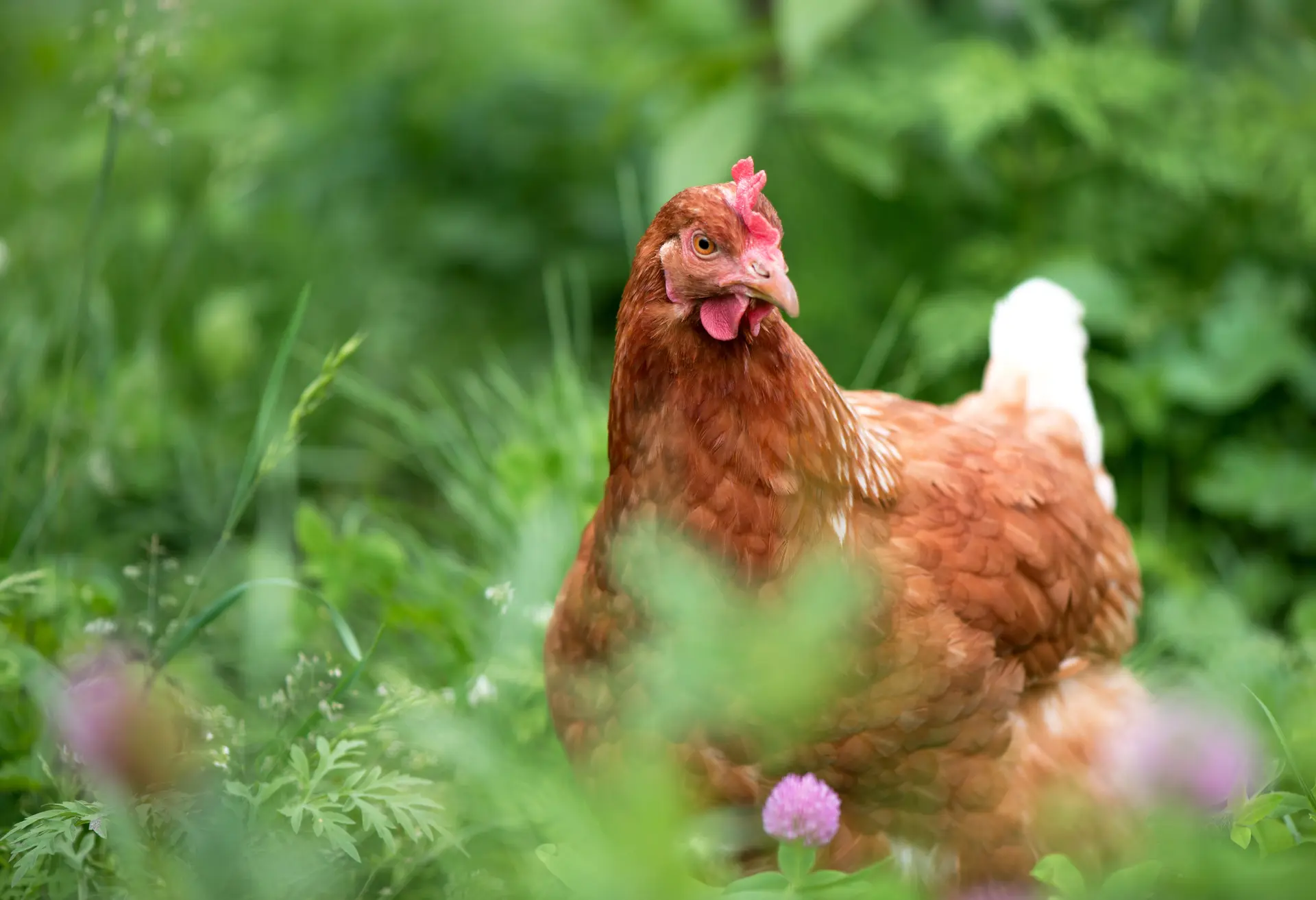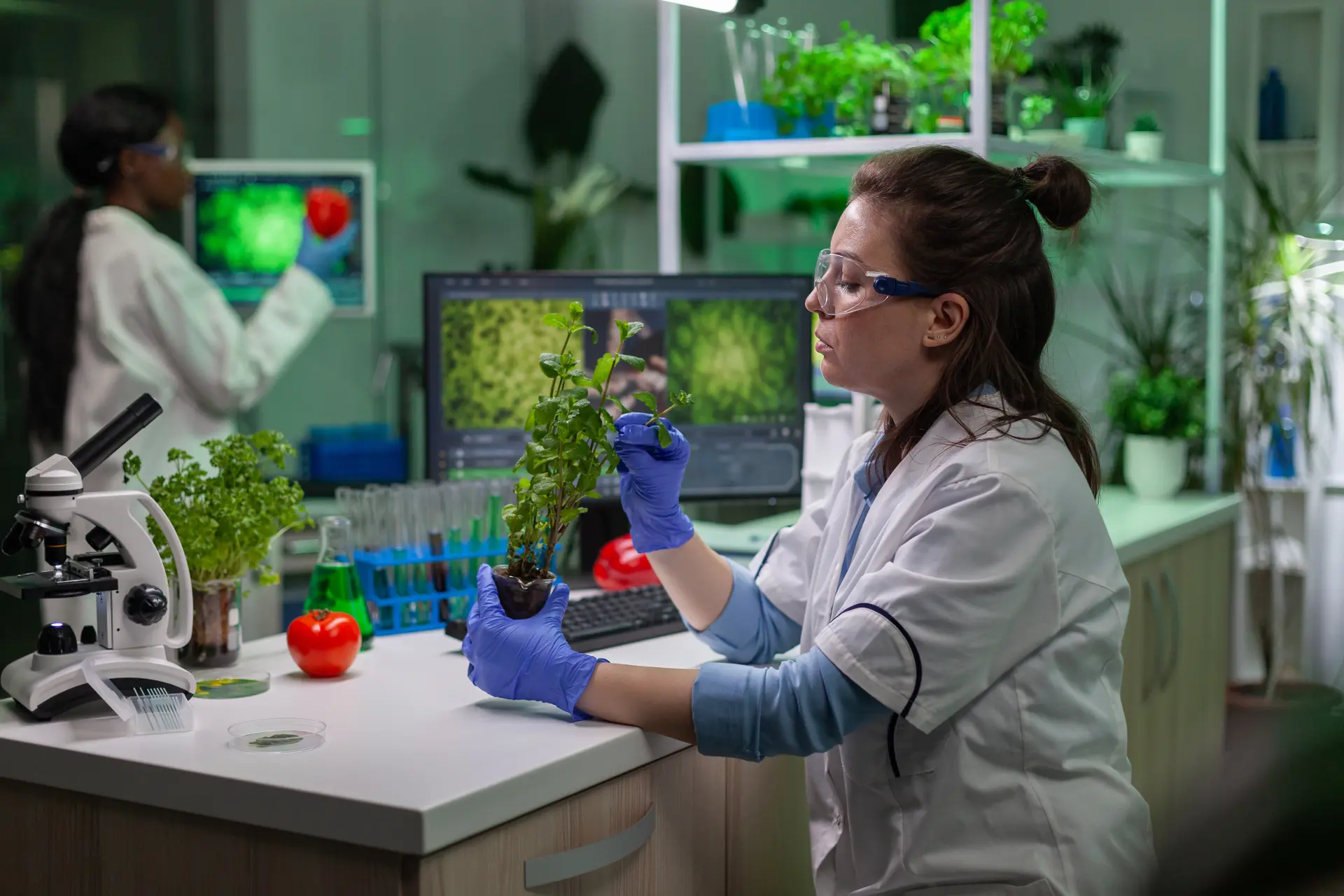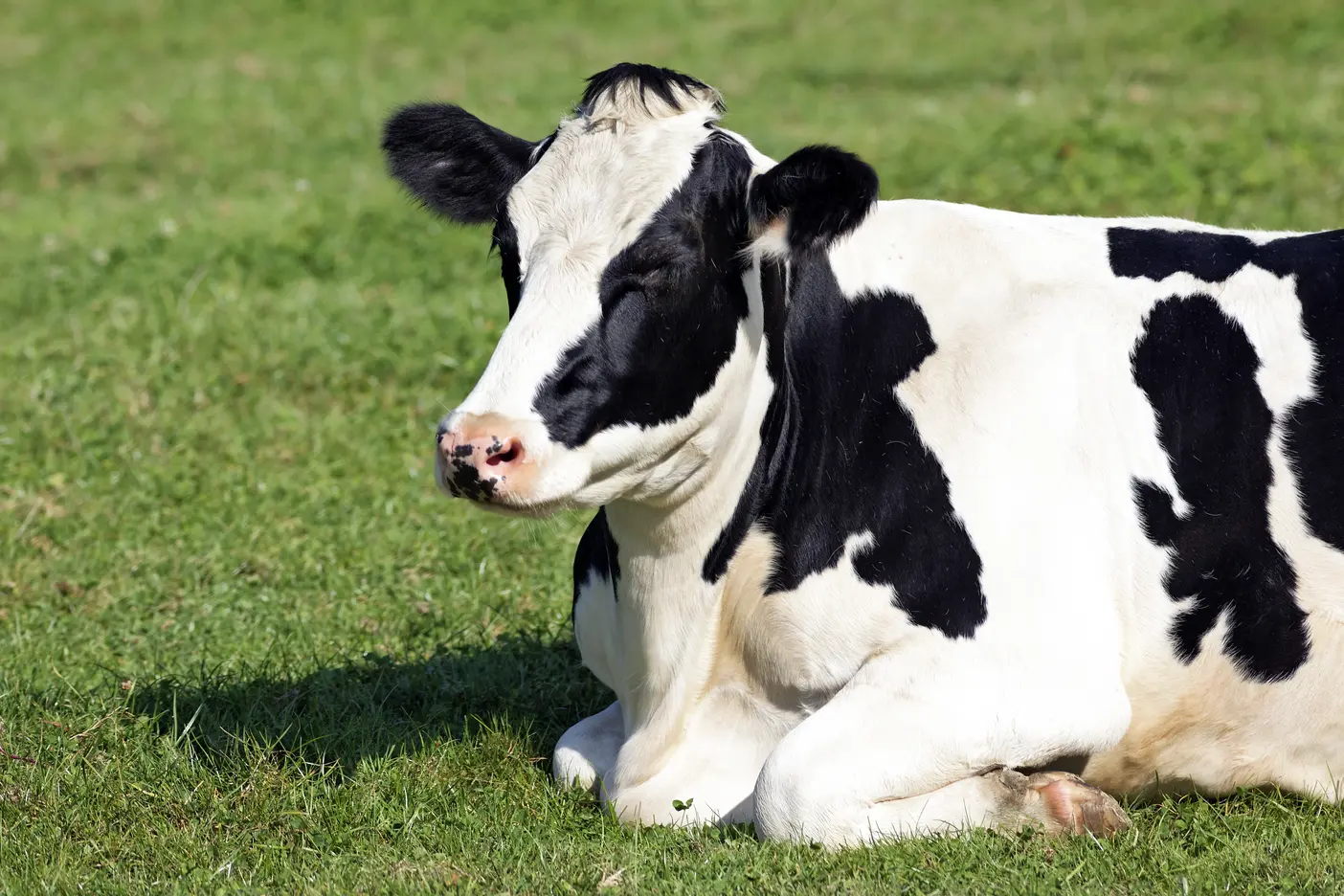The Use of Phytogenic Feed Additives to Enhance Productivity and Health in Animals

Phytogenic Feed Mixtures: The New Frontier in Animal Husbandry
In recent years, there has been a growing interest in alternative methods to enhance performance and health in livestock, including poultry, cattle, and even fish. One of the promising directions is the use of phytogenic feed mixtures, which are natural feed additives derived from plants. Also known as phytogenics, these biologically active compounds include a wide range of substances such as essential oils, phenolic compounds, alkaloids, and other plant secondary metabolites.
Researchers from the College of Animal Science and Technology at Yangzhou University in China, as part of a special issue of the journal "Animals" dedicated to phytogenic feed additives, highlight their significant potential in replacing antibiotics in animal husbandry. The primary goal of such an approach is not only to improve animal production efficiency but also to reduce pathogen load in the animal's gut, enhance nutrient absorption, demonstrate antioxidant properties, and decrease the microbial burden on the animal's immune status.
Action Mechanism of Phytogenic Mixtures
Phytogenic mixtures operate on multiple levels. Firstly, they improve taste and palatability of feed, which can result in better feed intake by animals. Secondly, they influence the gut microbiota, promoting the growth of beneficial bacteria and inhibiting the growth of pathogens. Additionally, some phytogenic ingredients stimulate the production of digestive enzymes, translating into better nutrient utilization from feed.
Challenges and Prospects
With growing interest in sustainable husbandry and reduction in antibiotic use, research into phytogenic feed additives seems to be a key direction in striving for healthier and more efficient animal production. The ultimate goal is not only to improve animal production efficiency but also to protect the health of animals and consumers, as well as to minimize negative environmental impact.
Further research in this field, such as those conducted by the team at Yangzhou University, will undoubtedly contribute to a better understanding and utilization of the potential of phytogenics in animal husbandry worldwide.
For details on the research and further information, please visit the MDPI website, where the special issue dedicated to phytogenic feed additives has been published: MDPI Animals Special Issue on Phytogenic Feed Additives.
Short heading goes here
Lorem ipsum dolor sit amet, consectetur adipiscing elit.

Phytogenic Feed Additives as An Alternative to ...
